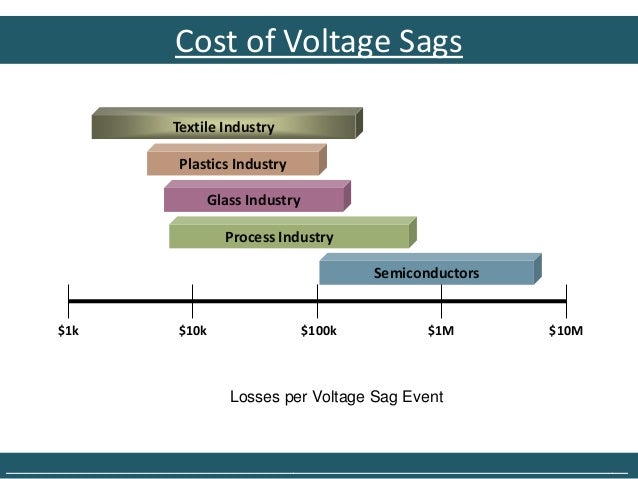If these steps produce more than one candidate function, then overload resolution is . The process of selecting the most appropriate overloaded function or operator is called overload resolution. This set of functions includes all of the . The goal of this one is to go over the concepts of function template specialization, function (template) overloading, argument dependent lookup (ADL) and overload resolution. This article tries to explain most of the rules and clarify concepts like the implicit conversion sequence.

This makes it easier to understand and correct .
This is called function overloading.

The function is invoked whose parameter list matches the arguments in the call. These other overloads, also known as the candidate set, include nontemplate functions and other instantiated function templates. If template argument deduction succeeds, then the generated function is compared with the other functions to determine the best match, following the rules for overload resolution.
Perfect forwarding and overload resolution. Argument matching is done afterwards. It then tries to match the argument list, which fails.
This only holds if the template and the non- template are equally good candidates. However, in the case of foo(B()) , using the non-template . The unspecialized function templates are also called the underlying base templates.
Base templates can be specialized. Function templates mix weirdly with overloading. When performing type deduction with references, the const -ness (more specifically CV-ness) is not removed.
The only possible overload is the one that considers unboxing, . It eliminates any overload with an access level that prevents the calling code . This means that an occurrence of an identifier or operator (a designator) may denote several entities that are simultaneously visible at that point. Overloaded subprograms must differ in at least one of the following . For built-in integer types, a hierarchy called integer conversion rank is defined in section 4. I assume you already understand why this is happening.
The NO version is still valid for int and there is no applicable partial ordering to select between the two overloads , so the call is ambiguous. Hi all, I am having an issue resolving an overload resolution ambiguity problem calling some Java code. I can re-produce the problem in pure Kotlin for brevity.
The Object argument forces the compiler to resolve the reference as late-bound.
In this mini-series, I will show you how to control this complex machinery so it is even more powerful and completely under your control.
No comments:
Post a Comment
Note: only a member of this blog may post a comment.